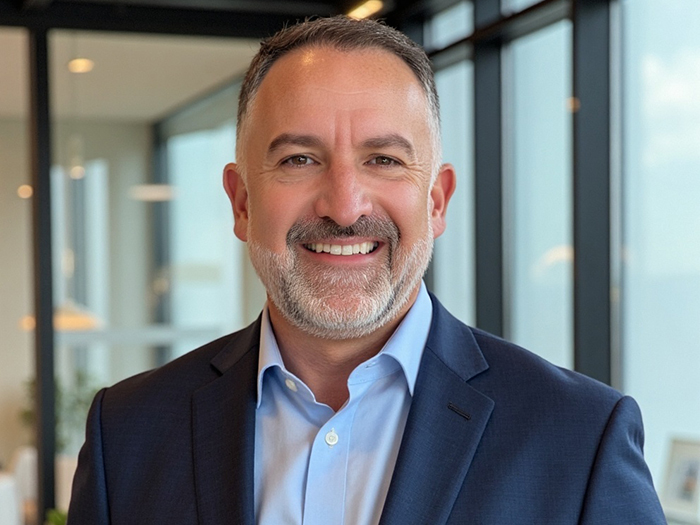In Court: Overdose Death from Opioids Places Mental Health Coverage in the Crosshairs

Max Tillitt is yet another tragedy in the culmination of a two-decade-long opioid epidemic coupled with severely lacking mental health assistance.
After sustaining a violent helmet-to-helmet injury during a high school football game, Tillitt became addicted to opioids, which eventually led to heroin abuse. He struggled for years trying to battle his addictions, relapsing at least seven times. He was also dealing with the effects of head injuries, bipolar disorder, depression and sleep disorder.
In 2015, his last attempt to get clean, Tillitt entered Beauterre Recovery Institute. The professionals running the program decided a 45-day residential treatment plan would help Tillitt, however Tillitt’s insurance United Behavioral Health only paid for 21.
Tillitt was discharged without a treatment plan after 21 days. Two months later, he was dead of an overdose. He was 21 years old.
Before discharge, Tillitt and his family received a note from a United worker, which stated: “You have been able to get off drugs. You have made progress in the program. You do not have extreme health or emotional problems, including from coming off drugs. You do not need 24-hour nursing care. Your care could go on in a less restrictive setting, such as outpatient.”
United did acknowledge, according to Tillitt’s mother, DeeDee Tillitt, that he needed more treatment, just not in a residential setting.
DeeDee joined a class-action lawsuit against United, which is one of the largest behavioral health benefits companies in the U.S. The case, David Wit et al v. United Behavioral Health, has been lauded as a milestone in the enforcement of mental health parity.
In the initial suit, the plaintiffs challenged United’s practice of looking internally at its own guidelines as to when a patient has received adequate care versus looking at the guidelines for standard of care as designed by professional associations. In 2019, a California judge ruled in favor of the plaintiffs.
“Internal [United] communications … make it crystal clear that the primary focus of the guideline development process … was the implementation of a ‘utilization management’ model that keeps benefit expenses down by placing a heavy emphasis on crisis stabilization and an insufficient emphasis on the effective treatment of co-occurring and chronic conditions,” the judge wrote.
However, United appealed. In March 2022, a three-judge panel overturned the ruling. United was able to show that the patients received “appropriate care.”
In a statement, United said, “We are committed to ensuring all our members have access to care and to reimbursing providers consistent with the terms of the member’s health plan and state and federal rules.”
Scorecard: United’s benefits plan and coverage has been deemed appropriate by the courts. Mental health benefits and coverage remain a hot-button issue.
Takeaway: This case extends beyond the Tillitt family and their insurance. In 2020, an approximate 53 million adults said they suffered some form of mental illness according to the National Survey on Drug Use and Health.
This is a direct correlation to the onset of COVID-19. More and more adults are suffering, and it’s imperative insurance takes a stance on mental health benefits before others succumb to such tragic fates. &










